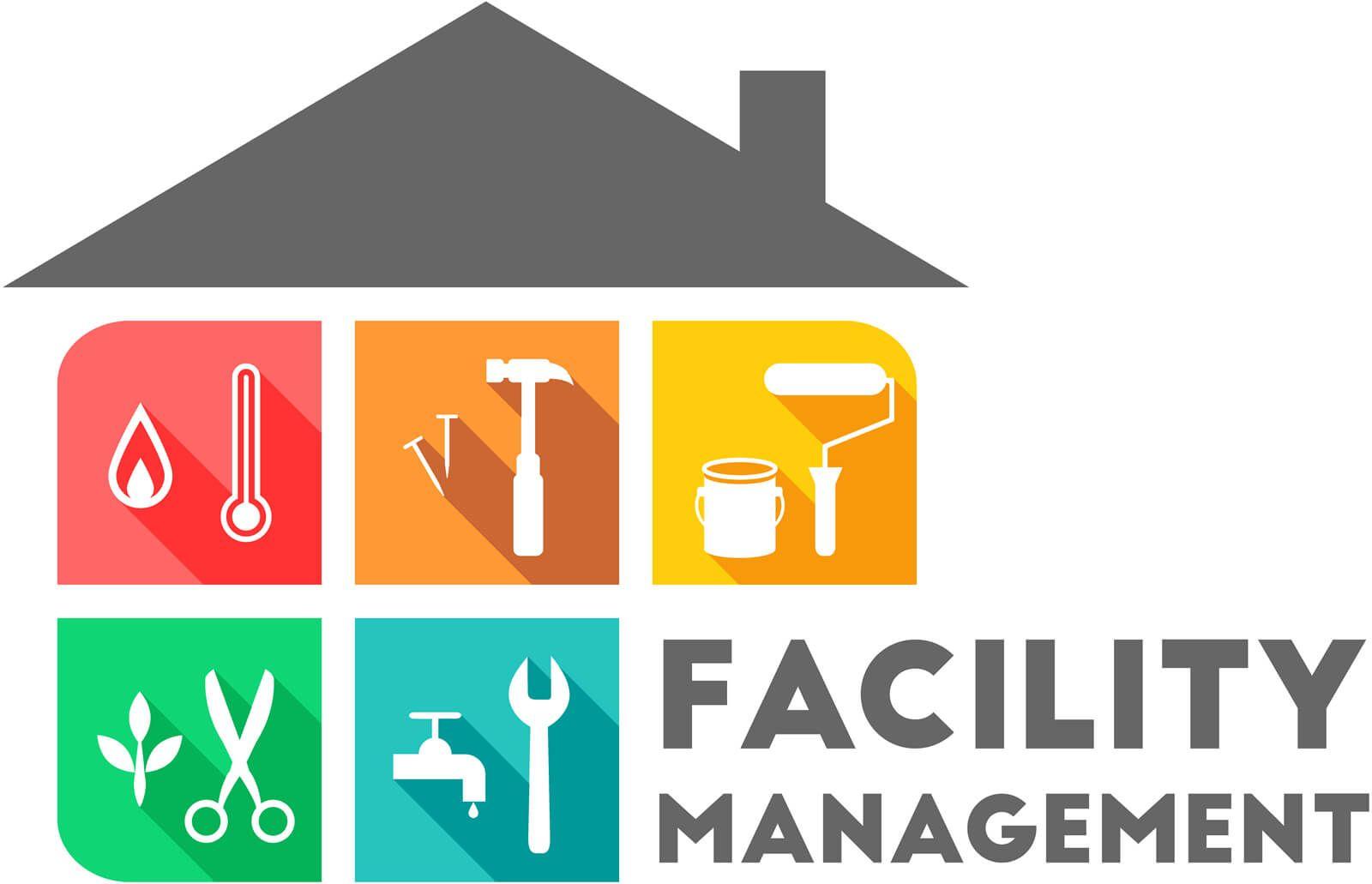Facility Management Services Market Report | Key Players & Emerging Trends 2035

Mergers and acquisitions (M&A) have been the primary and most powerful tool for building scale and shaping the competitive landscape of the global Facility Management (FM) services market. A strategic analysis of the most significant Facility Management Services Market Mergers & Acquisitions reveals a consistent and long-standing strategy of consolidation, where large players acquire smaller competitors to expand their geographic footprint, add new service capabilities, and gain market share. The history of the major Integrated Facility Management (IFM) giants is, in essence, a history of M&A, as they have systematically "rolled up" a fragmented industry to create the global, full-service powerhouses we see today. The market's stable growth and the recurring-revenue nature of long-term service contracts make it an attractive sector for both strategic and financial buyers, ensuring that M&A remains a key feature of the industry. The Facility Management Services Market size is projected to grow USD 55.3 Billion by 2035, exhibiting a CAGR of 3.34% during the forecast period 2025-2035. Understanding the logic behind these M&A deals is crucial to understanding the highly consolidated structure of the market's top tier.
The most common and impactful type of M&A in the FM industry is the acquisition of smaller, regional, or single-service providers by the large, global IFM players. The strategic rationale is straightforward: to achieve the scale necessary to serve multinational clients. A major global IFM provider that wins a contract to manage a client's facilities across all of Europe might not have a strong self-performing presence in a smaller country like Poland or the Czech Republic. The fastest and most effective way to gain that local presence is to acquire a leading local Polish or Czech facility services company. This single transaction instantly gives the acquirer a trained workforce, an existing book of business, and deep knowledge of the local market and labor regulations. This "buy-and-build" strategy, repeated across dozens of countries, is how the major players have constructed their global delivery platforms. This allows them to offer a truly global, standardized service to their largest clients, a key competitive advantage that smaller firms cannot match.
Another key driver of M&A is the acquisition of companies with specialized capabilities to create a more comprehensive service offering. A company that is historically strong in "soft" services like catering and cleaning (e.g., Sodexo or Compass Group) might acquire a company that is strong in "hard," technical services like HVAC and electrical maintenance. This allows them to move from being a specialized provider to a true, integrated facility management provider, enabling them to compete for the largest IFM contracts. More recently, M&A has been focused on acquiring technology capabilities. A large FM provider might acquire a smaller company that has developed an innovative Integrated Workplace Management System (IWMS) or a company with expertise in IoT and smart building technology. This allows the acquirer to differentiate its services by offering a more technology-driven, data-rich solution to its clients. The M&A landscape is a clear reflection of the industry's two primary strategic imperatives: achieving global scale and building a comprehensive, technology-enabled, integrated service portfolio. The Facility Management Services Market size is projected to grow USD 55.3 Billion by 2035, exhibiting a CAGR of 3.34% during the forecast period 2025-2035.
Top Trending Reports -
US Queue Management System Market
- Art
- Causes
- Crafts
- Dance
- Drinks
- Film
- Fitness
- Food
- Giochi
- Gardening
- Health
- Home
- Literature
- Music
- Networking
- Altre informazioni
- Party
- Religion
- Shopping
- Sports
- Theater
- Wellness



